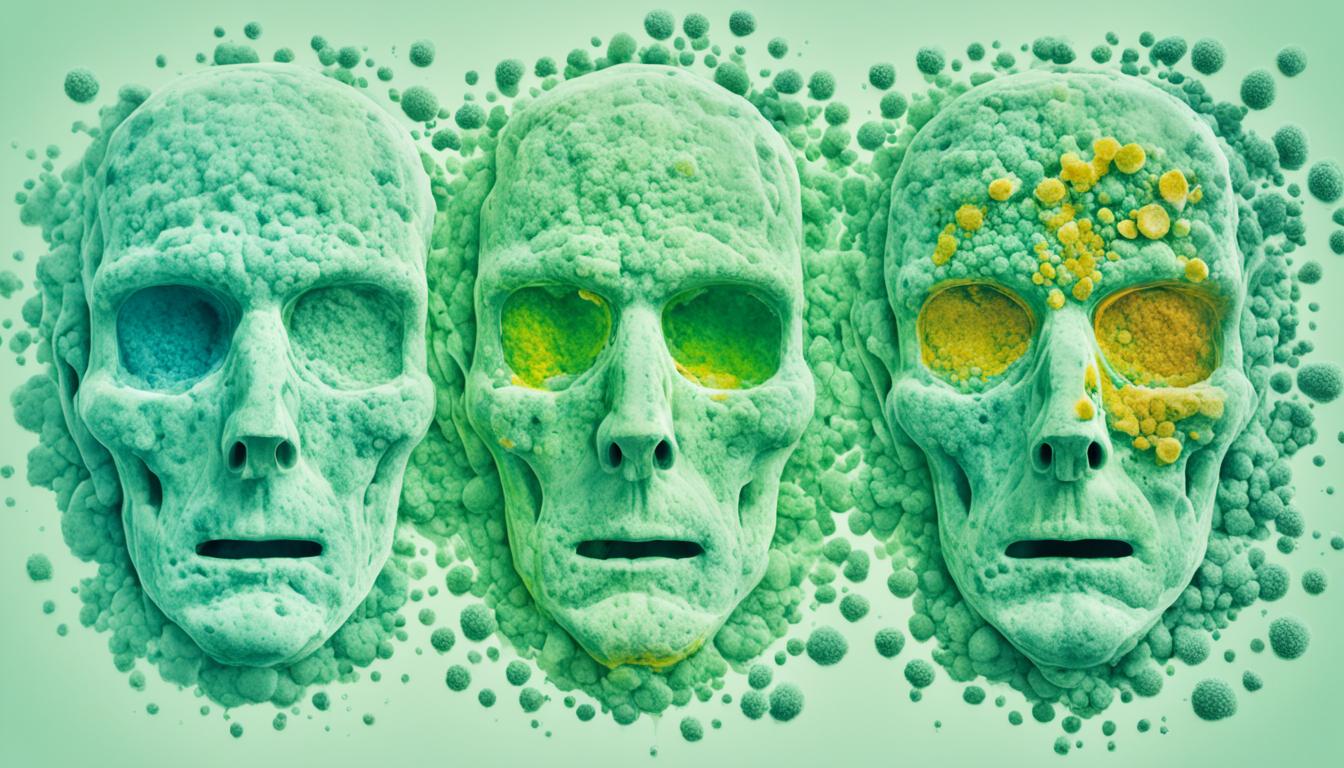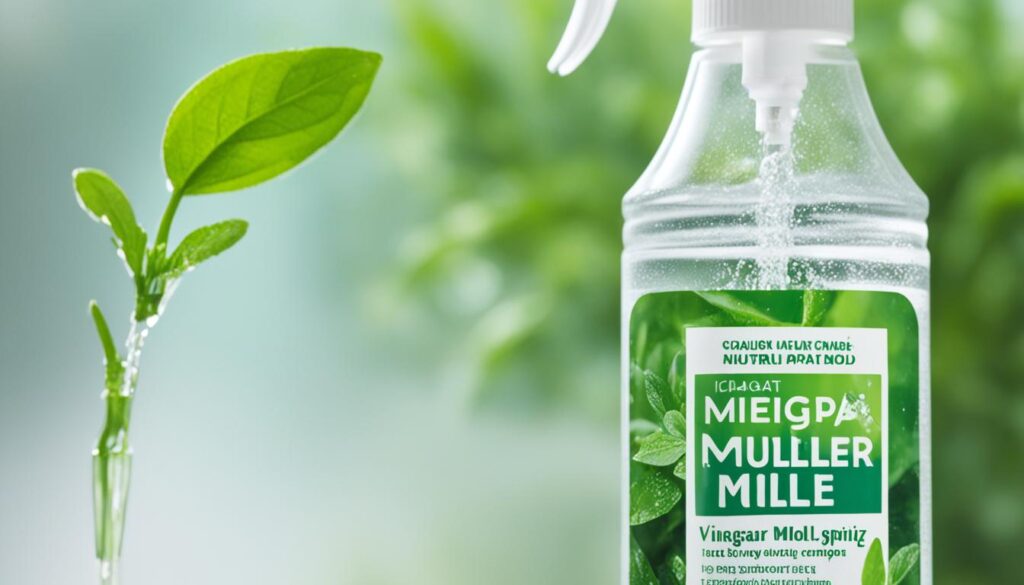
Mold Poison Symptoms: Signs of Exposure to Know
Welcome to our informative article on mold poison symptoms and the signs of exposure to mold. It’s essential to be aware of these warning signs, as mold can have detrimental effects on your health. By recognizing the symptoms early on, you can take the necessary steps to protect yourself and your loved ones.
Mold is a type of fungus that thrives in damp and humid environments. When mold spores are inhaled or come into contact with the skin, they can cause various health issues. The symptoms of mold poisoning can range from mild to severe, depending on the individual’s sensitivity and the level of exposure.
Some common mold poison symptoms include respiratory problems such as coughing, wheezing, and shortness of breath. Headaches, fatigue, and allergic reactions like sneezing, itching, and watery eyes are also common signs. In some cases, individuals may experience skin rashes, dizziness, and even memory loss.
It’s important to note that the symptoms may not always be immediately apparent. They can develop over time, and prolonged exposure to mold can exacerbate the health effects. Therefore, it’s crucial to be vigilant and pay attention to any unusual or persistent symptoms that could be related to mold exposure.
If you suspect mold growth in your home or workplace, it’s essential to take action promptly. Mold can often be visually detected, appearing as discolored patches and having a musty odor. However, some types of mold may be hidden behind walls or in less obvious areas.
In the next sections, we will explore natural remedies for mold, focusing on the effectiveness of vinegar as a mold killer. We will also provide tips on how to use vinegar properly for mold remediation.
Key Takeaways:
- Recognize the symptoms of mold poisoning, including respiratory issues, fatigue, and allergic reactions.
- Be aware that mold symptoms may not manifest immediately and can worsen with prolonged exposure.
- Pay attention to any musty odors or visible signs of mold growth in your living or working environment.
- Consider using natural remedies like vinegar to kill and remove mold.
- Stay proactive by seeking professional assistance for mold assessments, prevention, or remediation if needed.
Using Vinegar to Kill Mold: An Effective, Natural Remedy
When it comes to combating mold in your home, vinegar can be a powerful and natural solution. Not only is it effective in killing mold, but it’s also readily available and affordable.

One of the key reasons vinegar is effective against mold is its acidity. The acetic acid in vinegar has antimicrobial properties, making it a potent mold killer. Additionally, vinegar is safe to use and does not emit harmful fumes like some commercial mold cleaners. This makes it a preferable option, especially if you have children or pets at home.
To use vinegar for mold remediation, follow these steps:
- Choose distilled white vinegar or apple cider vinegar for the best results.
- Pour undiluted vinegar into a spray bottle.
- Spray the vinegar directly onto the mold-infested areas.
- Leave the vinegar on the surface for at least one hour to allow it to penetrate and kill the mold.
- Scrub the area with a brush or sponge to remove the mold.
- Wipe away any residue with a damp cloth.
- Repeat the process if necessary.
Remember to wear protective gloves and a mask while handling and cleaning mold-infested areas. Proper ventilation is also important to minimize the inhalation of mold spores during the cleaning process.
Vinegar is not only effective in killing mold, but it can also help prevent mold growth. Regularly spraying a vinegar solution on surfaces prone to mold, such as bathroom tiles or basement walls, can create an environment inhospitable to mold.
Overall, vinegar is a natural and versatile remedy for mold. Its effectiveness and safety make it an attractive option for those seeking an eco-friendly solution to mold problems in their homes.
Conclusion
In conclusion, being aware of the symptoms of mold poisoning and the signs of exposure is crucial for safeguarding your health. Mold can have serious implications on your well-being, so it’s essential to take proactive measures to combat it.
Vinegar serves as an effective and natural remedy for mold removal. Its acidic properties can inhibit the growth of mold and eliminate it from your home. By using vinegar in your cleaning routine, you can create a safer and healthier living environment.
If you require professional assistance with mold assessments, prevention, or remediation, contact Fix Mold Miami at 305-465-6653. Their experts will provide you with the necessary guidance and support to address any mold-related issues you may encounter.




